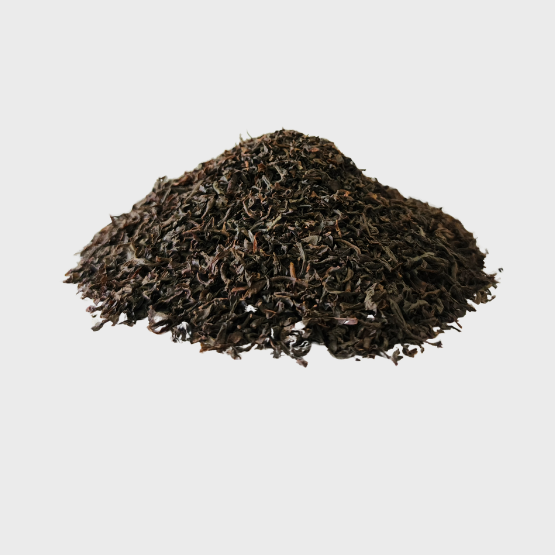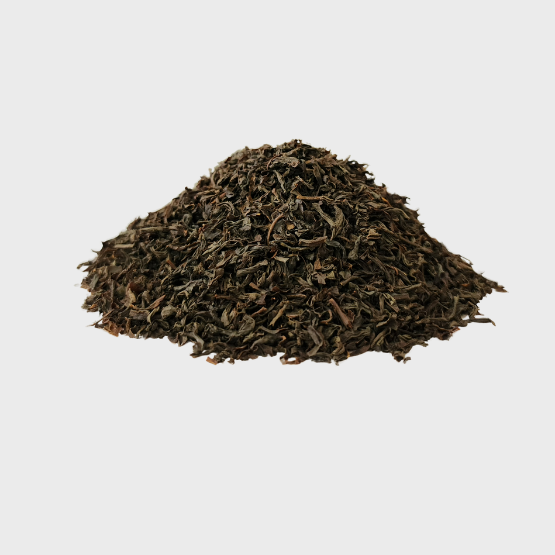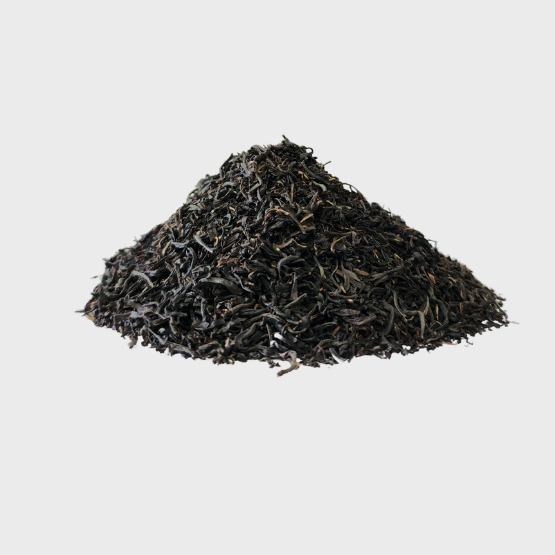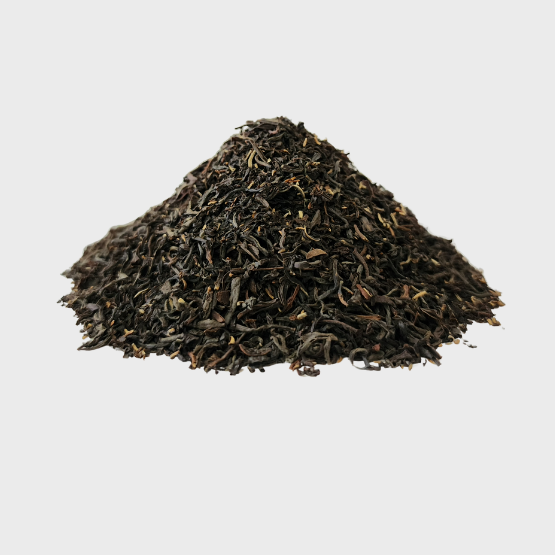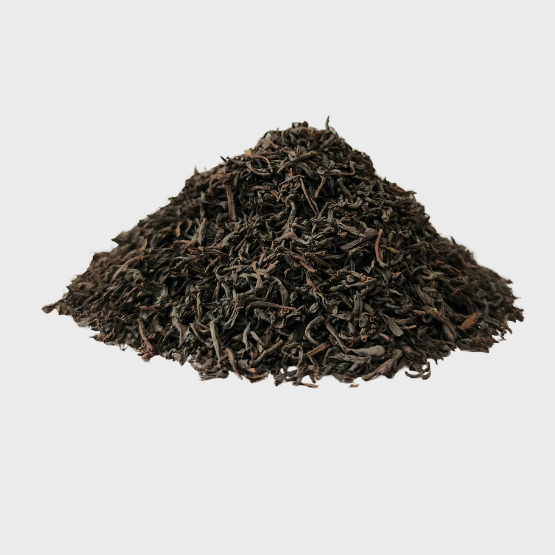
BOP1
BOP1 Tea in Sri Lanka BOP1 or Broken Orange Pekoe 1 is a grade of Ceylon black tea known for its small, wiry leaves. It is a refined version of the BOP grade, offering a smoother and lighter flavor. BOP1 tea is popular for its golden-reddish liquor and delicate malty taste, making it a favorite for breakfast or evening tea. This tea is widely appreciated in regions like Russia and the Middle East for its balanced flavor and versatility.
Lankan Pairings:
Eastern Pairings:
Middle Eastern pairings with tea, like BOP1 or other black teas, draw on the region’s rich culinary traditions, blending warm spices, sweet treats and vibrant flavors. Here's a deeper look at how tea is often enjoyed in Middle Eastern culture:
Sweet Pairings:
Nut and Seed Pairings:
Savory Pairings:
Cultural Significance
European Pairings:
South Asian Pairings:
East Asian Pairings:

